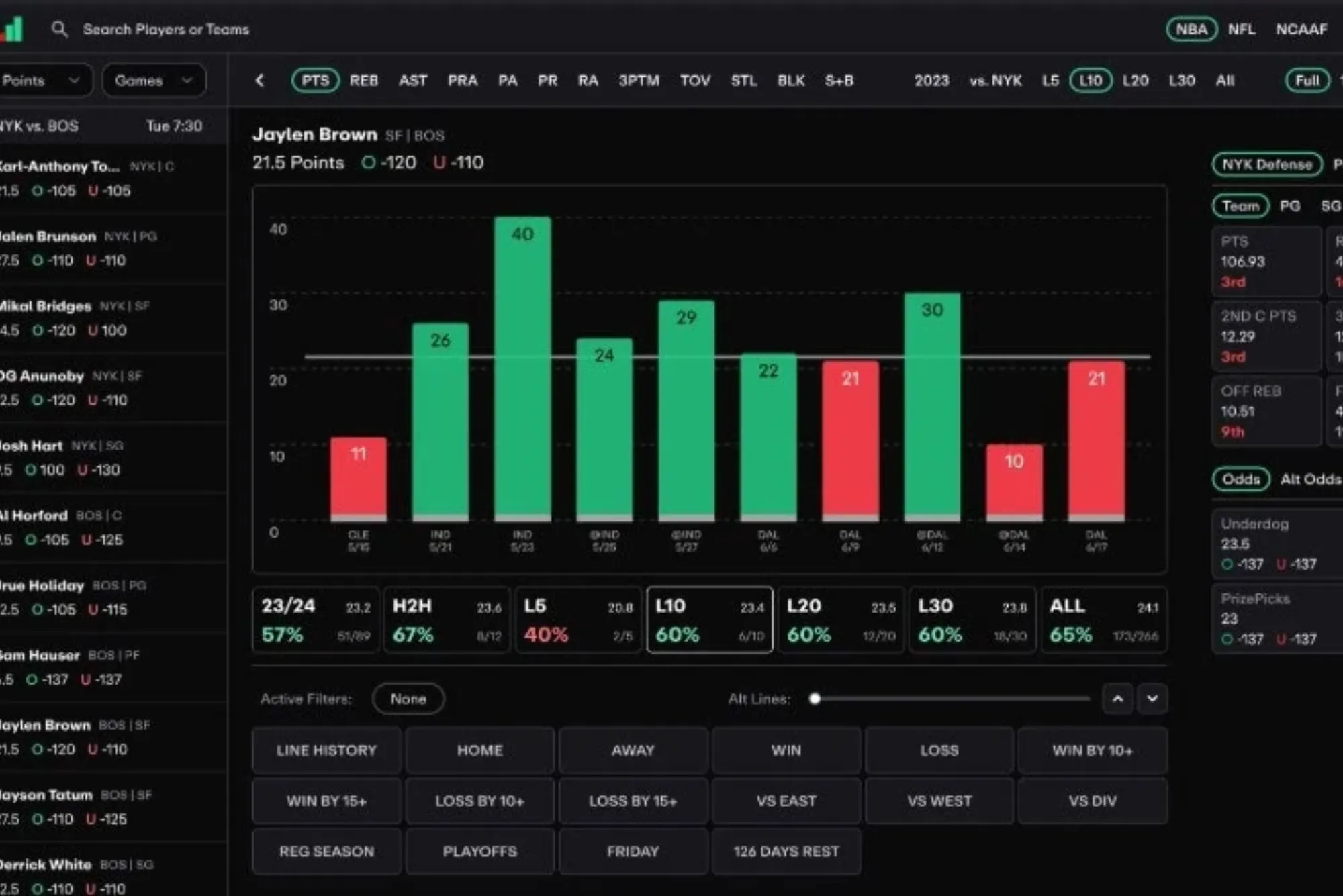If you’ve ever sat at a blackjack table or watched a slot machine spin, you’ve probably wondered: how do casinos always seem to make money, even when players win big jackpots? The answer lies in a fascinating mix of mathematics, psychology, and business strategy. Every casino game, from roulette to poker, is designed with a built-in advantage — a margin so small and subtle that most players never notice it, but significant enough to generate billions in revenue each year.
Having studied casino operations for years and seen how gaming floors are managed behind the scenes, I can say this: casinos don’t rely on luck. They rely on numbers. Understanding those numbers gives you a clearer picture of how casinos stay profitable while keeping the entertainment alive.
The House Edge: The Core of Casino Profit
At the heart of every casino game is the “house edge,” a mathematical advantage built into the rules that ensures the casino always wins over the long term. This isn’t about cheating or unfair play — it’s simply smart game design.
For example, in European roulette, there are 37 numbers, including a single zero. If you bet on one number, your chance of winning is 1 in 37, but the payout is 35 to 1. That difference between true odds and payout odds is the casino’s profit margin — about 2.7% per spin. Blackjack, baccarat, craps, and even slot machines all operate on similar principles.
While players may experience short-term wins, over thousands of bets, the statistical edge ensures the casino’s profitability. This predictable income stream allows operators to reinvest in new games, better amenities, and attractive promotions to keep the cycle going.
The same logic applies in online gaming environments, including platforms like non gamstop casinos, where digital versions of traditional games still use programmed probabilities to maintain a consistent house edge. These sites often emphasize transparency and responsible play while operating under different licensing jurisdictions, showing how universal the profit model truly is — whether online or in person.
Volume and Time: Why Casinos Love Long Play
Another key factor behind casino profits is volume. Casinos make money not just because of the odds, but because of the number of times those odds are applied. The more spins, hands, or bets placed, the closer results move toward statistical averages — and the more consistent the casino’s income becomes.
This is why casinos are designed to keep you playing longer. From the layout of the gaming floor to the absence of clocks and windows, every detail encourages extended playtime. Music tempo, lighting, and even the scent in the air are calibrated to create a relaxed atmosphere where players lose track of time and stay engaged.
Even small bets, repeated thousands of times, accumulate into significant revenue. That’s the real magic of casino economics: they don’t need everyone to lose big, they just need everyone to keep playing.
Slot Machines: The Silent Profit Powerhouse
If table games are the showpieces of casinos, slot machines are the silent workhorses. In most modern casinos, slots account for 60% to 80% of total gaming revenue.
Slots have a built-in return-to-player (RTP) rate — typically between 90% and 98%. That means for every $100 wagered, the game pays back $90–$98 over time, keeping the remaining percentage as profit. While the margin seems small, the sheer volume of plays — often thousands per hour per machine — produces massive returns.
What’s more, the psychology of near-misses and variable rewards keeps players hooked. That “almost win” sound or animation is not accidental; it’s an engineered reinforcement loop that encourages players to keep spinning. Digital slots, available both in physical venues and online, take this even further with bonuses, progressive jackpots, and themed experiences.
Table Games: Skill, Strategy, and Subtle Edges
Table games like blackjack, baccarat, and poker introduce an element of skill, but they still favor the house in the long run. Blackjack’s house edge, for example, can be as low as 0.5% with optimal strategy — but most players don’t play perfectly, which increases the edge to 2% or more.
Casinos also profit from side bets, tournament fees, and time charges for poker tables. Even when players compete against each other (as in poker), the casino earns money by taking a small percentage of each pot, known as the “rake.”
In baccarat, often favored by high-rollers, the casino benefits from commissions taken on banker bets — typically 5%. It’s a simple yet powerful formula: small edges multiplied by high stakes equal consistent profits.
Non-Gaming Revenue and Cross-Selling
Casinos today are not just gambling houses; they’re entertainment complexes. Many major venues make as much — or more — from hospitality and entertainment as from the gaming floor.
Hotel rooms, dining, concerts, conventions, and retail spaces all contribute to overall revenue. The gambling experience acts as the magnet that brings visitors in, while these other services generate steady secondary income. Even non-gambling guests contribute to the casino’s success by participating in events, nightlife, and branded attractions.
This diversification is especially evident in destination resorts like Las Vegas and Macau, where integrated entertainment models create full ecosystems of profit. Online platforms mirror this concept through cross-promotions, VIP programs, and partnerships with digital entertainment brands.
Psychology of Play: The Emotional Equation
Casinos don’t just rely on math — they rely on human behavior. The emotional highs and lows of gaming create a powerful psychological experience that keeps players returning.
From the cheerful sounds of slot wins to the design of gaming chips (which feel less like money), every aspect is curated to make spending enjoyable rather than transactional. Rewards programs, free drinks, and loyalty points all reinforce the idea that players are being valued, even when they lose.
The emotional engagement turns gambling into an experience rather than just a transaction. Casinos invest heavily in training their staff to create a welcoming environment where players feel lucky, optimistic, and willing to try again.
Regulation, Fairness, and Transparency
Casinos operate under strict regulations to maintain fairness and player trust. Gaming commissions, auditors, and technology labs ensure that all games operate according to defined probabilities and payout structures.
Even with the house edge, casinos depend on public confidence to sustain long-term success. If players suspect manipulation or bias, they’ll take their money elsewhere — especially in the age of online gaming, where competition is global.
That’s why licensed operators emphasize responsible gaming tools, transparent payout percentages, and player education. Ethical standards are not just legal obligations; they’re good business.
The Role of High-Rollers and VIP Programs
While casual players make up the majority of casino visitors, a small group of high-rollers can account for a substantial portion of profits. Casinos go to great lengths to attract and retain these players, offering luxury suites, private gaming rooms, and personal hosts.
However, this segment is volatile — big wins or losses can impact daily revenue swings. The real stability still comes from the consistent flow of everyday players, whose collective bets smooth out the casino’s income curve over time.
The Future: Digital Integration and Data-Driven Profit
The casino industry is rapidly evolving with data analytics, AI-driven personalization, and online-offline integration. Casinos now analyze player data in real time to adjust promotions, identify trends, and manage risk.
Online casinos use algorithms to recommend games, tailor bonuses, and track player engagement. In land-based venues, smart cards and digital wallets track activity across slot machines and tables, merging entertainment with analytics.
Looking ahead, blockchain and virtual reality could reshape how we experience gambling, but one principle will remain unchanged: the math always favors the house.
Conclusion
Casinos make money not through luck but through design. Every rule, payout ratio, and environment detail serves a calculated purpose. The house edge ensures consistent long-term profitability, while psychology, technology, and hospitality amplify player engagement.
Whether you’re spinning a slot, playing poker, or exploring a digital platform, the underlying formula is the same — entertainment powered by mathematics. Understanding how casinos make money doesn’t diminish the fun; it simply reminds us that in the end, the odds always have a favorite.











